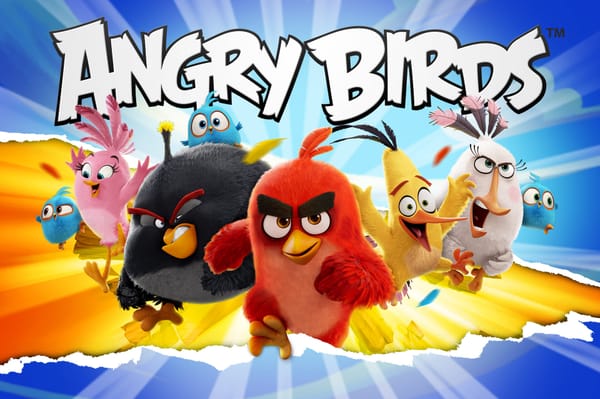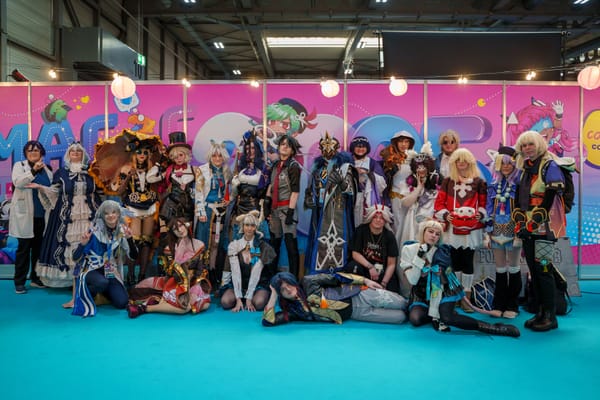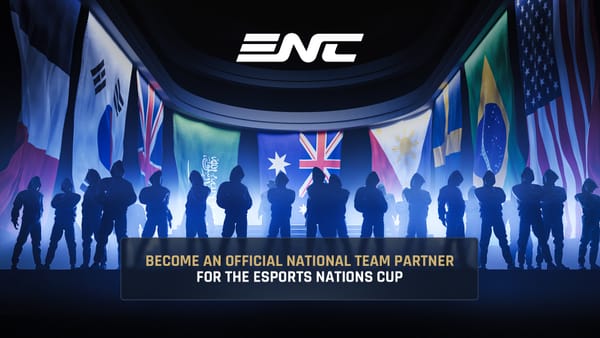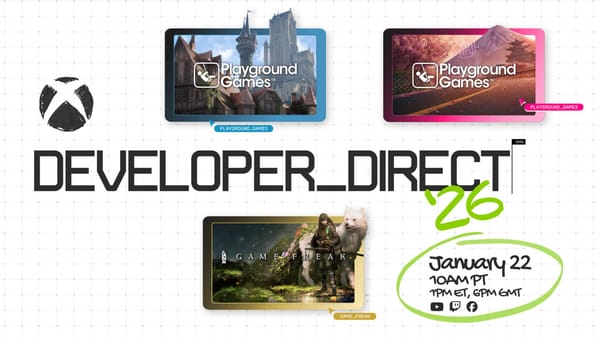How relevant is global market experience for the Chinese market?




China is a gaming market no developer or publisher aiming for success in mobile gaming can afford to ignore. In a series of three guest articles, Lana Bokay-Poltavets and Boris Burangulov from My.games share their insights and lessons learned from marketing games in China. This one is about the relevance of global market experience in China.
War Robots has been in China for over a year now. During this time, we've conducted numerous experiments and have generally figured out the direction we should take moving forward. Now it's time to reflect on how things have gone. I have a few unexpected conclusions regarding the differences in operating the Chinese and Global versions of War Robots.
There is a persistent stereotype in the gaming industry that the Chinese market is something unique and entirely separate — a completely different world, another civilization, and, most importantly, completely different players who require a specific approach, specific mechanics, and generally demand more. In other words, they are fundamentally different. We approached the operation of the Chinese build of War Robots with exactly these thoughts.
Now, after a year of running the game in China — through trials, errors, and testing — we are ready to share what makes Chinese players different from everyone else. Shocking truth: in terms of game mechanics, monetization, and live-ops in general — almost nothing.
All our attempts to build a separate live-ops strategy tailored specifically for Chinese players did not yield the expected results. In the end, we discovered a simple truth: what works well in the global version also works well in China, and what underperforms globally also underperforms in China. However, outside of mechanics, there are some differences, which I'll cover at the end.
That said, the stereotype that China is "completely different" remains incredibly persistent — simply because it’s easy to believe. After all, when a market is relatively closed (and China is still quite difficult to enter with a game), when you haven't worked there yet, and when you don’t have friends or colleagues who have gone through the same process, it’s easy to assume that it's something very special and separate.
Perhaps the turning point in our operations came with our approach to meta management. In the global version of War Robots, we actively manage the metagame — we track content performance and periodically make balance adjustments. This approach is uncommon in the Chinese market, and our publishing partners were, to put it mildly, concerned about it. Based on their experience, any such changes in the game’s content would lead to community backlash, lower ratings, and ultimately, player churn. Since we were just entering the market and feared the unknown, we initially decided to abandon our usual approach.
However, after six months of operations, it became clear to everyone that this approach was necessary for our game. For War Robots to thrive in any market, content management and meta shifts must be maintained to ensure players engage with different content. And when we applied our global approach to China, nothing catastrophic happened.
On the contrary, content distribution finally stabilized, and the metagame became more predictable. Encouraged by this success, we started applying more best practices from the global version to China — checking them with A/B testing where possible — and each time, we confirmed that the same best practices work just as well in China.
So, at this point, my opinion is clear: global expertise in game operations works in any market.
The core idea is simple: the people who have been working on the game every day for years know best how to operate it. A publisher can only have comparable experience if they have a large portfolio of games almost identical to yours — which is extremely rare. Otherwise, if your experience contradicts the publisher’s advice, I would suggest trusting your own expertise first. Even if your publisher is highly professional and their recommendations sound very convincing — remember that no one knows how to run your game better than you do.
One final amusing fact: the Chinese market has recently become slightly more open, allowing us to connect with other Western studios operating there. We noticed an interesting pattern: those who have entered the market recently are more likely to believe in the stereotype that the Chinese audience requires a completely different approach. But those who have been there for a long time say there is no difference at all between operating the global and Chinese builds. In other words, over time, everyone comes to the same conclusions.
At the same time, it would be a mistake to say that the Chinese gaming market is no different from the rest of the world and requires no adaptation. Every region has its own specifics. Players from Germany differ from those in the U.S. and India. Likewise, China has its own unique aspects, many of which stem from the fact that it is one large, monolithic market.
The first major difference is strict government regulation and censorship, along with predefined expectations of what your content should look like. This is precisely the area where you do not have the necessary experience to make the right decisions — and where you must consult with your publisher.
When it comes to operations, game mechanics, and metagame, I’ve said before — trust yourself, draw from your past experience, and apply it. But when it comes to the visual aspects of content, the opposite is true. Just accept this: you do NOT know how to create content correctly for China.
For example, many developers assume that Chinese players love dragon-themed visuals. After all, dragons are a big part of Chinese culture, right? But this is an incredibly delicate matter. Yes, dragons are beloved in China — but they are also a religious symbol.
A colleague of mine once gave a great metaphor for this. Imagine you’re releasing a robot skin for the European market, and it’s completely covered in crucifixes. Could you make it look cool? Probably — but it would require an extremely nuanced approach to avoid offending people. The same applies to dragons in China, as well as certain colors and many other cultural symbols. When it comes to visual design, trust your publisher.
The same goes for government regulations. The reality is simple: you almost certainly do not know what is and isn’t allowed in China, and the boundaries can be very thin. Listen carefully to what your partners advise.
Community management can also differ from Western approaches because Chinese players tend to be more social and more competitive. The country has a single language and shared cultural space, making the player community much more interconnected — information spreads quickly. As a result, your engagement strategies need to be adjusted accordingly.
Another key factor is how and how much Chinese players game.
China operates on a single time zone, and peak gaming hours see far higher activity than in the global version. This means heavy server loads during prime time. At night, however, activity drops significantly, leading to potential matchmaking issues. The same pattern applies to days of the week — weekend activity is much higher than weekdays. And of course, local holidays and vacations are critical periods — player engagement and spending spike during these times, so you need to be well-prepared with additional content.
The biggest lesson we learned from launching in China: Good practices work everywhere, regardless of country. But you also need to clearly separate your own area of expertise from that of your publisher.
As a developer, you know your game better than anyone. But your local partner is the ultimate authority on regional regulations, traditions, and player behaviors. The key to a smooth launch in any new market is leveraging each other’s knowledge and experience. Do that, and your expansion will be seamless.
Lana Bokay-Poltavets...
is Senior Project Manager at War Robots, My.games. Lana is a dedicated project manager at War Robots with a background in community management and business development. She holds a degree in Chinese Studies (Sinology) and an MBA in Project Management. This, paired with her deep knowledge of Chinese culture, helps her lead War Robots' release in the local market and effectively oversee cross-cultural workflows. Lana believes project management unlocks team potential. She works in gamedev because she believes in its ability to unite people and create supportive communities.
Boris Burangulov...
is Executive Producer at War Robots, My.games. With a Master’s degree in Marketing, Boris began his journey in game development as a product analyst in mobile games. He then spent three years leading War Robots as an Executive Producer, driving the game's growth and success. His expertise lies in analytics, monetization, and live-ops. In addition to his professional role, Boris is an experienced speaker at global conferences (e.g. GDC), where he shares insights on game monetization, metagame strategies and the evolving landscape of free-to-play gaming.
Never miss anything from the German, Swiss and Austrian games industry again: subscribe for free to our Daily newsletter and get all news straight to your inbox.








